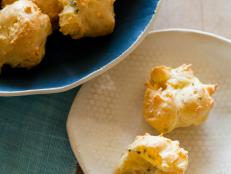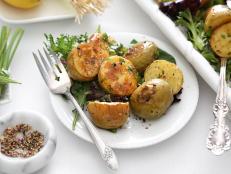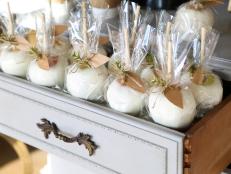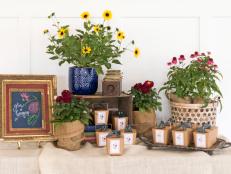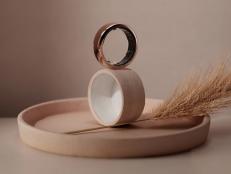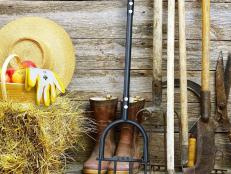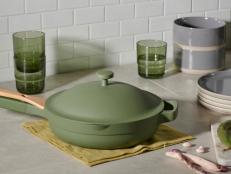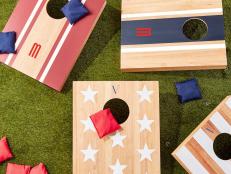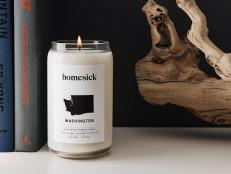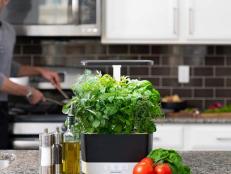Herbs Spice Up Barbecue Routine

Barbecue has often been seen as a male domain. But cooking outdoors is as much about seasoning as it is fire and meat. Many of the female gender who cultivate their flowers and tomatoes also grow the herbs that send ordinary barbecue into the culinary stratosphere. These plants rich in oils are used to baste rub and skewer meat.
If you're a kebab fan, take a fresh look at skewers from the herb garden. A certain rosemary bush found who-knows-where grew taller than the rest. Nobody thought that was a good idea until the wife of a barbecue junkie noticed its unusually long, straight stems. She figured these might make great skewers especially because they're free and because the wood contains oil of rosemary. Skewer your meat on a stick of fresh rosemary and it'll season from the inside out.
Look for strong, stiff stems that have hardened enough to hold up under the skewer routine. You might want to whittle the stiffer end into a point to make it puncture better. Rosemary skewers are great for Portobello mushrooms and fast-cooking veggies.
Any good cook will attest to the benefit of using fresh herbs over dried ones. Even fresh-cut herbs from the produce section can lose their punch in the refrigerator. For the really serious barbecue aficionado, the only choice is to grow your own.
If you grill often, you'll need plenty of big sprigs for making skewers and herb brushes, which aren't commonly sold. An herb brush is used in lieu of a traditional sauce brush.
When the food is basted with an herb brush, the leaves are bruised and heat gets the natural oils flowing. Not only does it deliver sauce or marinade, a lingering hint of aromatic herbs adds a new subtle flavor. You'll have to make a new brush each time you barbecue, so it takes a lot of material if you're an avid griller.
To create a brush, you'll need large stems six inches long or more for a good-size handle. Bundle the stem end with wire or twine for a handle. The best plants for this are rosemary, bay, sage, oregano and tarragon.
Then you can tie in more fragile herbs such as basil. If you made an all-basil brush without a strong framework it would get floppy right off. Just as with a paintbrush, there should be some resistance so you can apply pressure to the surface of whatever's on the grill. Along with basil, you can tie in chives, dill, mint, thyme or cilantro/coriander.







